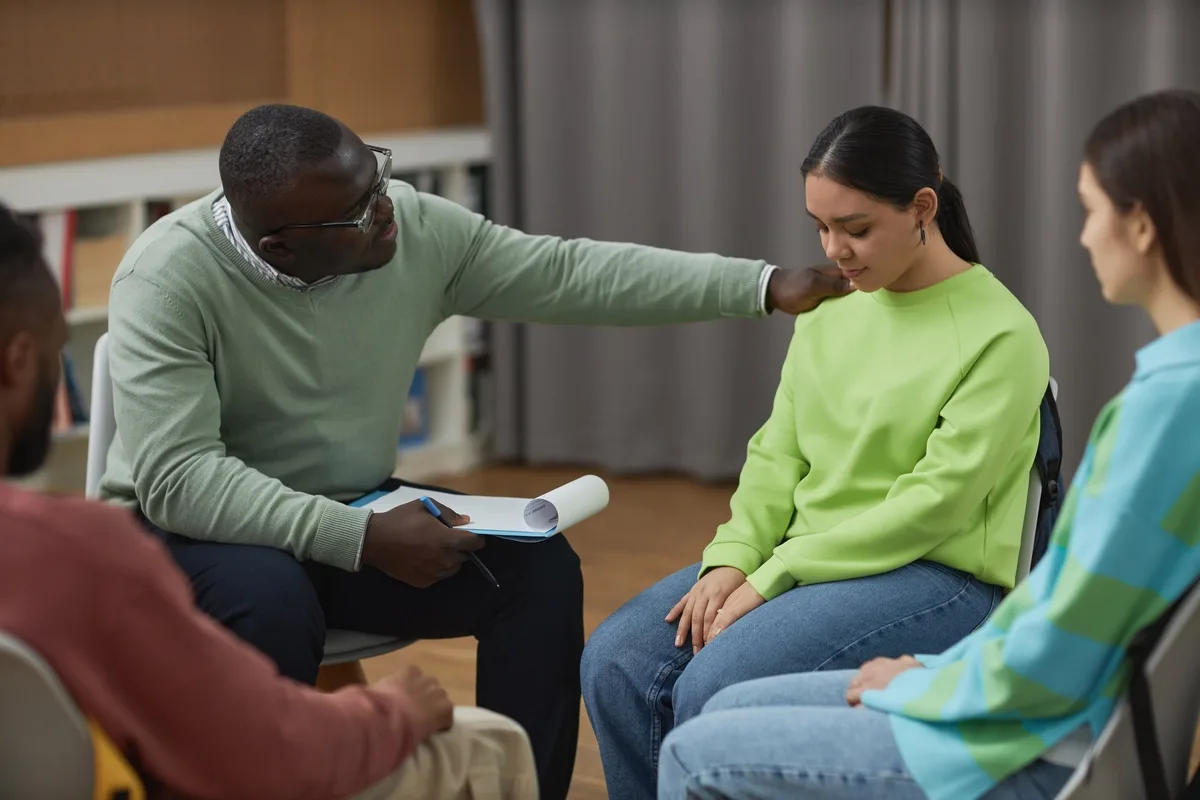24/7 Helpline:
(866) 899-111424/7 Helpline:
(866) 899-1114
Learn more about Individual Therapy centers in Greentown
Individual Therapy in Other Cities

Other Insurance Options

Optum

Meritain

Ceridian

WellCare Health Plans

Coventry Health Care

Amerigroup

Molina Healthcare

CareFirst

Health Choice
Beacon

Kaiser Permanente

Multiplan

MVP Healthcare

Humana

UnitedHealth Group

Magellan Health

Absolute Total Care

Cigna

Access to Recovery (ATR) Voucher

EmblemHealth


The Gilead House
The Gilead House is a Non-Profit rehab center located in Indianapolis, IN. The Gilead House speciali...

Four County Counseling Center
4C Health Solutions is a dual diagnosis behavioral health treatment center located in Kokomo, IN. Wi...

First City Recovery Center
Freedom is within reach at First City Recovery Center. Based out of Kokomo, Indiana, FCRC offers a f...

Community Howard Behavioral Health Services
Community Howard Behavioral Health Services offers the complete realm of behavioral care to treat th...






























AA – Alcoholics Anonymous
AA – Alcoholics Anonymous is a private rehab located in Kokomo, Indiana. AA – Alcoholics Anonymous s...














